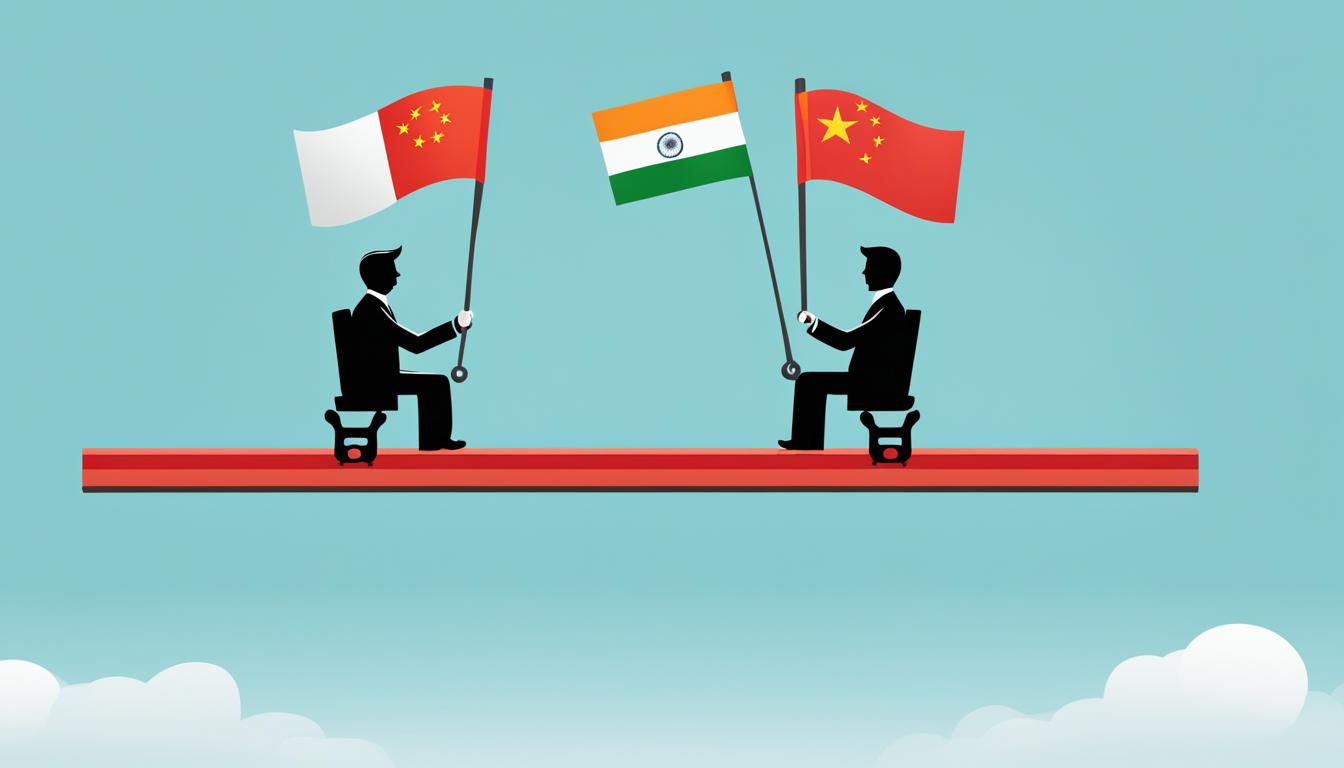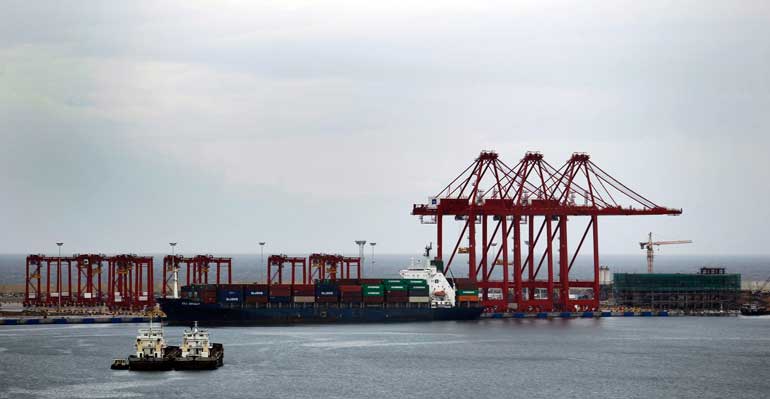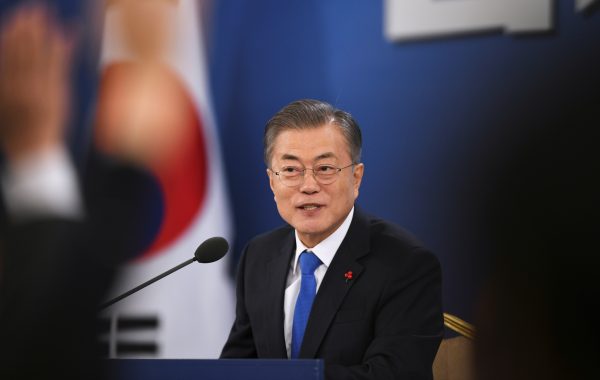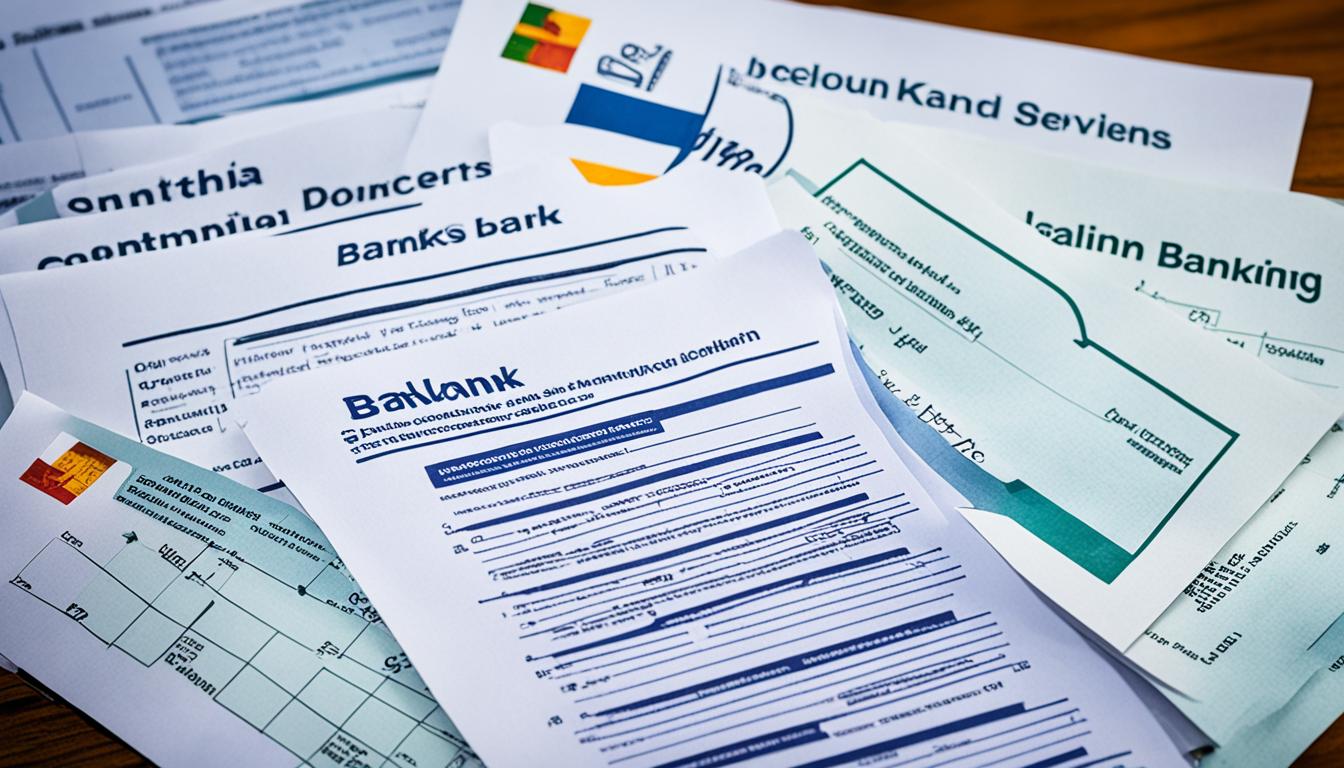Amid shifting global trade dynamics, a significant evolution is unfolding within India-China business relations. Tensions have heightened in the arena of international projects, with nations like Sri Lanka seeking partners typified by partnership stability. Sri Lanka’s decision to favor India over China for critical energy tenders exemplifies the changing landscape. This move away from Chinese affiliations towards Indian cooperation echoes a broader sentiment for reliable alliances in infrastructural development.
Key Takeaways
- India’s emergence as a steadfast partner in comparison to China’s wavering alliances.
- Shift in trade relations highlighted by Sri Lanka’s choice of India for strategic energy projects.
- India’s proactive approach to fostering sustainable and enduring regional partnerships.
- The impact of geopolitical considerations on the stability of international business engagements.
- Sri Lanka’s preference illustrates a broader trend of realigning global partnerships.
Diminishing Trust in China’s Business Partnerships and Global Influence
The cancellation of Chinese contracts has underscored the fragility of its business commitments, furthering Belt and Road Initiative skepticism. Strategic economic zones, once at the heart of regional development, are rethinking partnerships amidst concerns over China’s geopolitical ambitions. Particularly, the redirection of contracts in countries like Sri Lanka, in favor of more sustainable project alternatives, has signaled a shift towards seeking partners with reliable track records and transparent practices.
Regions within China’s sphere of influence have started to question the long-term implications of debt-fueled development through the Belt and Road Initiative. This has led to a discerning approach towards offers that, whilst economically lucrative, may not align with national interests or sustainability goals. Bangladesh’s wariness of potential over-dependency, and Pakistan’s reservations concerning the CPEC’s impact on its sovereignty, are just two examples where the tides of trust are turning.
- Scrutiny of Financial Arrangements: Nations are dissecting past agreements, like the Hambantota Port lease, to mitigate risks of compromising sovereignty.
- Debt-Trap Diplomacy Concerns: Alert to the dangers of opaque lending, countries are reviewing the fine print for fear of falling into debt traps.
- Alternative Endeavors: In light of these challenges, viable alternatives are being explored, with a notable uptick in Indian-led investments characterized by equitable terms and joint development.
Encumbered by a growing wariness, countries are re-examining their engagement with the Belt and Road Initiative. This re-evaluation is not just a financial calculus, but also a strategic repositioning in a quest for autonomous, sustainable futures. India’s constructive presence, illustrated by its transparent dealings in the region, marks a stark contrast to the opacity that often shrouds China’s global economic endeavors. As a beacon of partnership stability, India’s rising influence provides a testament to the possible alignment of geopolitical strategy with ethical and sustainable business practices.
India’s reliability surges as China’s business partnerships falter
Amidst an evolving geopolitical landscape, India’s commitment to fostering stable international relationships is becoming increasingly evident. As global trade dynamics shift, the subcontinent has demonstrated a profound capacity for pioneering regional influence through strategic initiatives. Markedly, the country’s dependable nature as a partner shines through the recent transition seen in Sri Lanka’s alignment from Chinese to Indian collaborations. These moves not only represent a change in partnerships but also signify the active pursuit of a sustainable and mutually beneficial trajectory for regional development.
Renegotiated Deals: Sri Lanka’s Shift from Chinese to Indian Partnerships
The dissolution of a key renewable energy tender initially granted to a Chinese enterprise, which was subsequently awarded to India’s U-Solar, signals a tectonic shift in Sri Lanka-India partnerships. This decision echoes a broader sentiment across the region, where stakeholders are seeking alliance certainty over transactional expediency. This realignment indicates Sri Lanka’s strategic choice to lean on partnerships that promise not just investment but also long-term sustainability and strategic coherence.
India’s Investment in Sri Lanka’s Renewable Energy Sector
India’s growing entrenchment in the Sri Lankan energy infrastructure through renewable energy investments substantiates its role as a pillar of stability in South Asia. An infusion of Indian capital, exemplified by the recent grant of $11 million, highlights India’s commitment to not just the economic but also the environmental landscape of its neighbors. India leverages these grants to illustrate a blueprint for sustainable growth—a critical aspect of its diplomatic outreach and partnership ethos.
Echoes of India’s Strategic Diplomacy in South Asia
Each strategic move India makes in the region underscores its comprehensive approach to diplomacy in South Asia. By securing key projects in Sri Lanka and influencing pivotal policy decisions, India has entrenched itself as a dependable actor that upholds the principles of bilateral cooperation and mutual respect. Its adept navigation through South Asia’s shifting sands showcases India’s ability to adapt and thrive in a milieu that looks for stability and transparency in international engagements.














